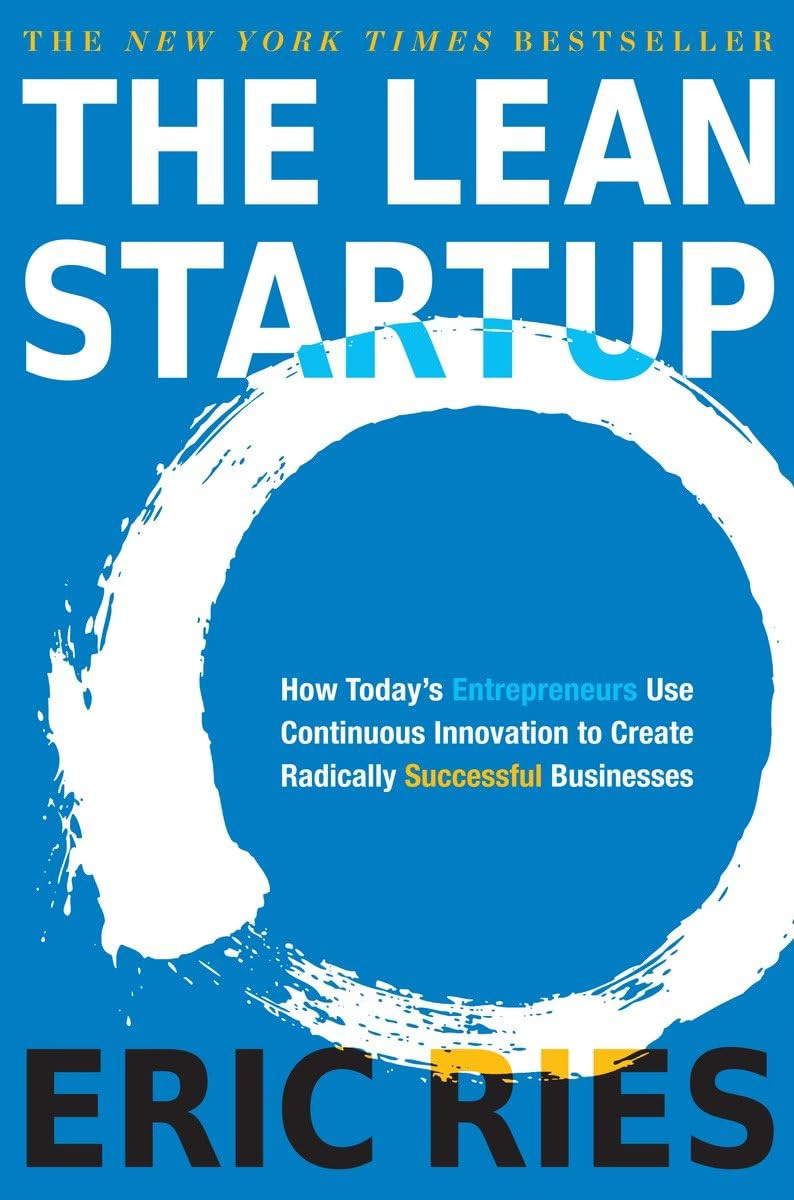three essential skills to master as a senior Data Science manager
second in the series: foundational skills for Data Scientist managers
In our previous posts, we explored the role of a Data Science manager as a career path for Data Scientists, and the cores skills that any incoming Data Scientist manager must build to be good at this job.
We also discussed that as Data Scientist managers advance in their careers, the demands of their role evolve. In addition to keeping their technical skills sharp, they must refine a new host of soft skills to be truly effective.
This post builds on that foundation, and recommends three books that address crucial skills for Data Scientist managers need to possess as they become senior leaders:
mastering incentives to Influence behavior: which will be foundational to coordinate teams, work more effectively with stakeholders or influence company culture
product development in uncertain environments: so user feedback becomes a central feature when developing Data Products and maximize chances of success
hands-off leadership: where action is inspired through clarity of purpose, empowering teams to innovate and execute autonomously
These books offer valuable insights and practical strategies to help you navigate the complex landscape of senior Data Science management. Let's dive into each recommendation and explore how they can enhance your leadership toolkit.
Better Management Through Incentives
Building successful Data Products typically requires that senior Data Science leaders master non-technical tasks like orchestrating collaboration among diverse teams with different directives towards a common goal or designing Data Products that can change company culture while incorporating input from those affected. In essence, building successful Data Products requires management that can influence behaviors across an organization. That can be achieved through incentives, which are nothing more than “signals” that seek to produce specific behaviors.
Understanding how incentives work helps untangle
why organizations operate in specific ways,
why teams interact productively or counterproductively, or
why team members may consistently misalign with objectives
Understanding where these dynamics come from opens the door to influencing them. A senior Data Science manager who grasps incentives and their impact on behavior can:
better align signals and incentives with goals
craft more coherent strategies
communicate more effectively
design appropriate compensation and motivation structures
avoid sending mixed signals that undermine objectives
Uri Gneezy's book Mixed Signals (2023) offers a tour of the latest behavioral economics research on incentives. It’s a fantastic resource to understand how incentives work, and why they may operate in unintended ways. The book centers on incentive design that is aligned with your desired outcomes, using real-world scenarios and case studies to illustrate key points. It's packed with valuable insights for senior Data Scientists managers!
why it matters: building successful Data Products requires influencing the behavior of multiple people in an organization. Understanding incentives is a foundational skill for Data Science managers.
it turns out that: properly designed incentives can minimize unintended consequences and maximize positive outcomes.
this book is for: every Data Science manager seeking an actionable framework to manage projects effectively.
The Product Building Game
Leaders with strong technical backgrounds tend to focus intensely on getting the technical aspects of a product right, sometimes at the expense of user input. However, a balanced approach is crucial for success.
Data Science Shops, like startups, operate under high uncertainty:
it's not always clear if available data contains necessary signals for machine learning
the best algorithm to approximate intended outputs may not be obvious
what's technically possible may not always be practically feasible
This uncertainty demands a flexible mentality that supports quick pivots. To maximize their success, these pivots need to be anchored in user feedback. Senior Data Science managers must develop the skill to implement this approach.
Eric Ries' book The Lean Startup (2011) presents a proven methodology that emphasizes rapid experimentation, validated learning, and user feedback. All three are key for developing highly impactful Data Products. The Lean Startup sparked a movement to innovate and develop better products in tech. As you advance in your career, you'll likely encounter more people speaking Ries' language, making this book essential reading.
why it matters: having a methodology that naturally adapts to Data Science and expands beyond a purely technical perspective is imperative for senior Data Science managers.
It turns out that: bringing a user-centric approach centered on experimentation and feedback when building Data Products can chart the path to success.
this book is for: every Data Science manager seeking a proven methodology to build Data Products that succeed by going beyond the purely technical.
Improve Your Hands-Off Leadership Skills
While managing a technical team and leading an organization may seem similar, they operate very differently. Early in their careers, Data Science managers can direct teams by clearly articulating technical tasks. However, as Data Science managers become more senior, they need to develop a less hands-on approach, relying more on persuading larger groups of people into action.
One particularly useful way of exercising leadership is by inspiring action through clarity of purpose. When people understand the why, they can more easily infer:
how to achieve goals
what specific actions to take
Leadership thus becomes about empowering people to undertake the right kind of action.
Simon Sinek's book Start with Why (2009) is based on a core idea: successful leaders drive action by clearly articulating their organization's core purpose – "why they do what they do". The argument is both intuitive and accessible. The book is packed with examples and practical recommendations. For a quick introduction to Sinek's ideas, his famous TED Talk is also worth watching.
why it matters: leadership becomes increasingly important as Data Science managers grow in seniority, but it's not always obvious what to anchor leadership on.
it turns out that: clarifying the "why" is a powerful way to create a shared sense of purpose, which is the core tool of effective leadership.
this book is for: every Data Science manager who is senior enough to need to inspire action with a hands-off approach.
As you progress in your career as a Data Science manager, the ability to influence behavior, adapt to uncertainty, and lead with purpose becomes increasingly crucial. The three books we've explored – "Mixed Signals," "The Lean Startup," and "Start with Why" – offer valuable insights and practical strategies to help you excel in these areas. By understanding incentives, embracing lean methodologies, and clarifying your team's purpose, you'll be better equipped to navigate the complex challenges of senior Data Science leadership.
Did we spark your interest? Then also read:
the twin career paths of Data Scientists to learn about the differences in the career paths available to a Data Scientist: individual contributor (IC) or manager
WHO are the people that make Data Science possible? to learn more about the technical roles that collaborate to build Data Products in a Data Science Shop
What is Data Science? to learn more about the practical way to understand Data Science: focus on its outputs (Data Products)
What is the Data Science Shop? to learn more about the roadmap for the operation of Data Science in a business





